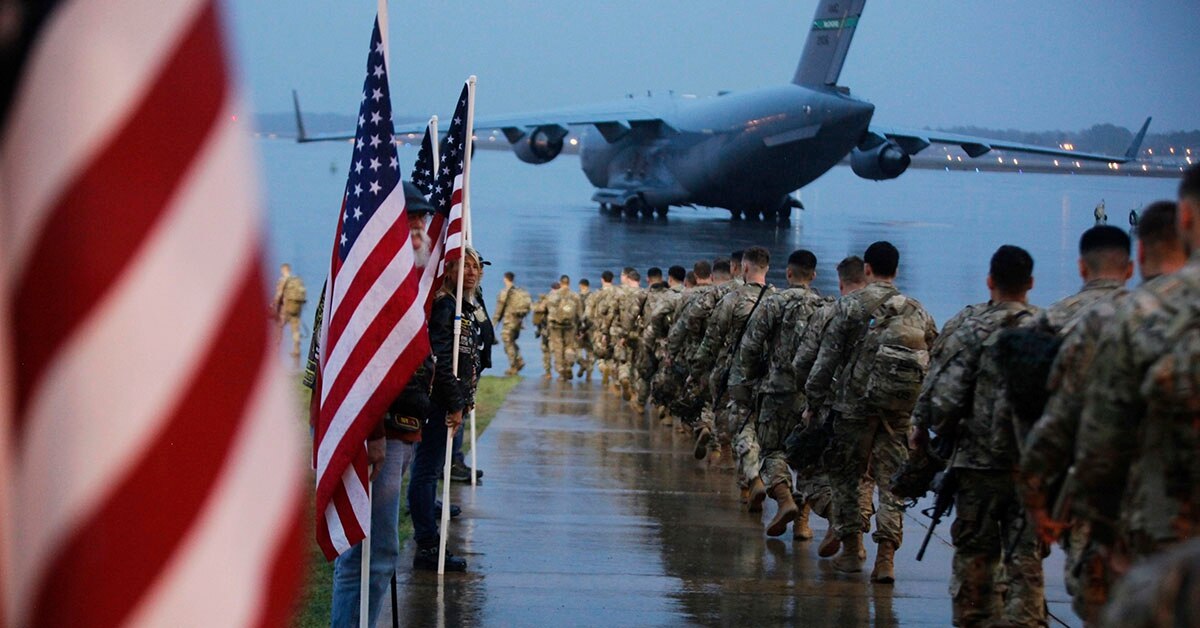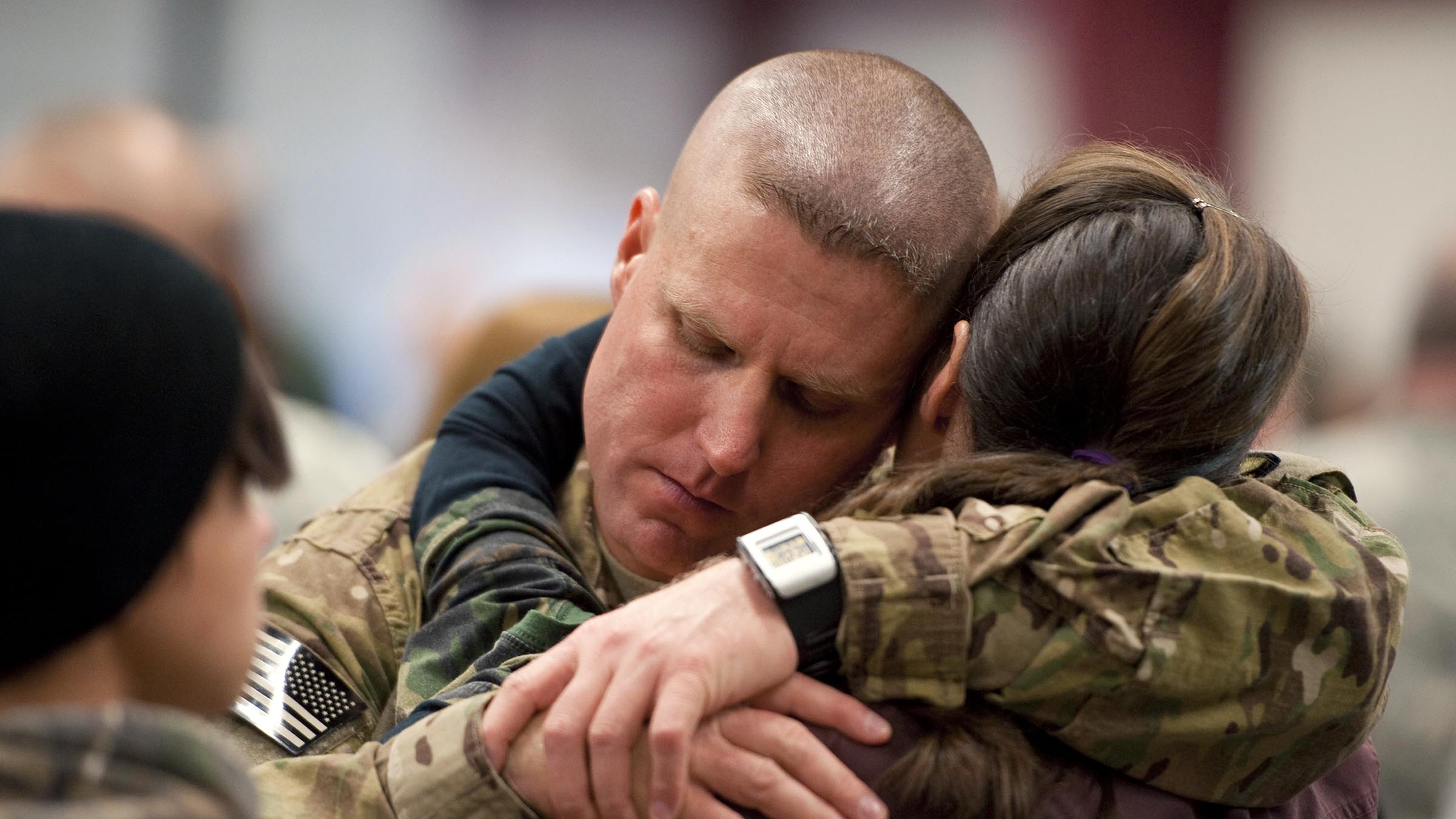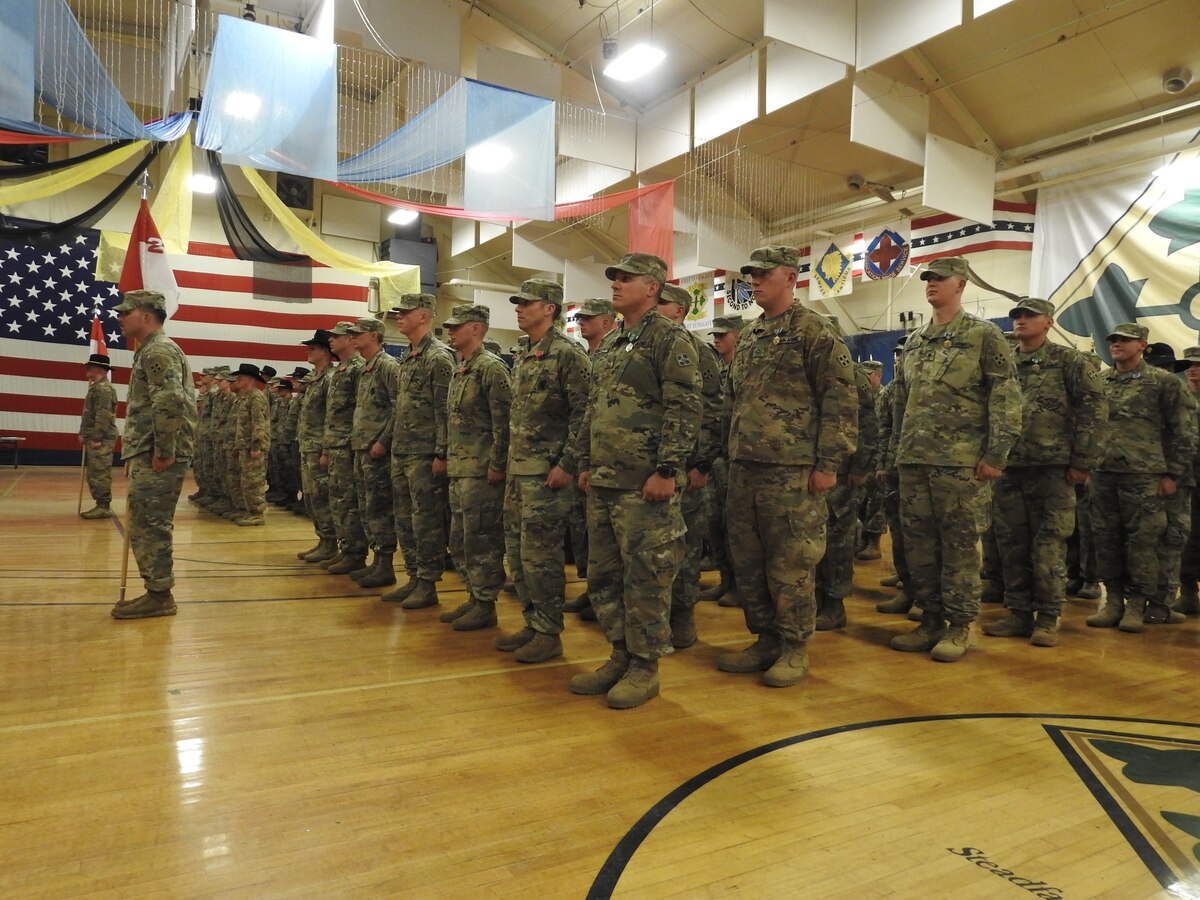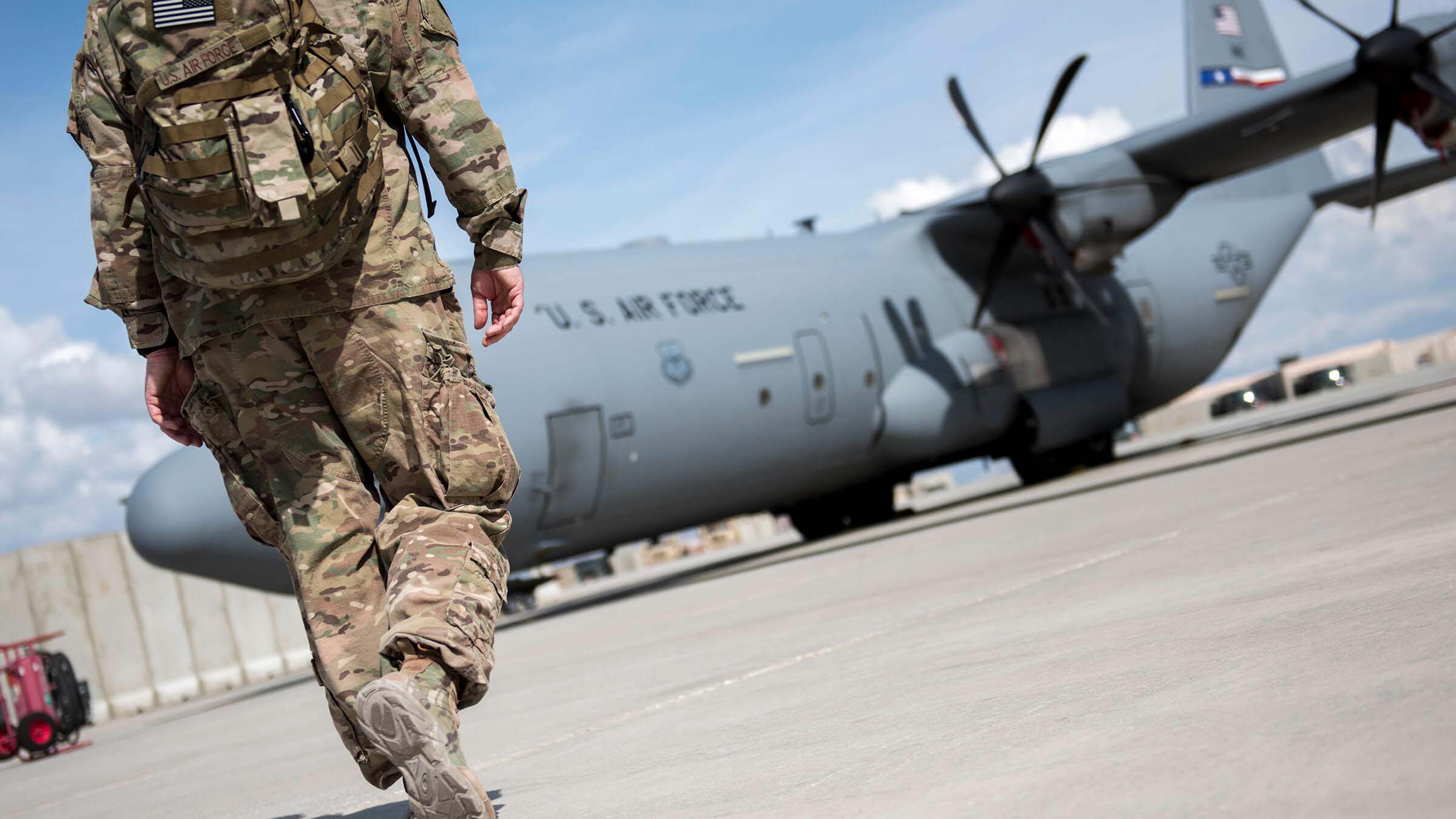
“Deployment” refers to activities required to move military personnel and materials from a home installation to a specified destination. For service members and families, it has come to mean much more: the preparations and personal needs that need to be taken care of at home before, during, and after deployment.
‘Deploy or get out’ policy?
In 2018, former Defense Secretary Jim Mattis — part of his effort to make the force more “lethal”, imposed this policy, where troops who are unable to meet deployment standards are expected to either get a waiver justifying their status or face separation from the force.
Good News
This policy has been mauled and we’ve been directed by the Department of Defense to bring forth the Deployment Declination option. A Soldier on Assignment Instructions can now be able to sign a Deployment Declination request.
Who can Apply for this form?

Unfortunately, a deployed soldier is ineligible to apply for the Deployment Declination Form. Only a loved one, family, child, fiancé, sibling or close friend is eligible to apply, and you must do so with the consent of the deployed soldier.
Applying for the Deployment Declination

Gearing up for a deployment can be stressful. But getting your deployment declined, canceled or postponed can be more so, especially after the DOD spending weeks, even months, preparing for the mission, putting everything in place, setting all up having you in mind, the wasted resources and finances already made, because of this a fee is attached for the declination form to be processed and accepted.
Getting Started

All requests for declination, deletion, deferment, or early arrival must be submitted through the form and contact details below in accordance with applicable guidance, with the exception of requests based on operational or compassionate needs.
